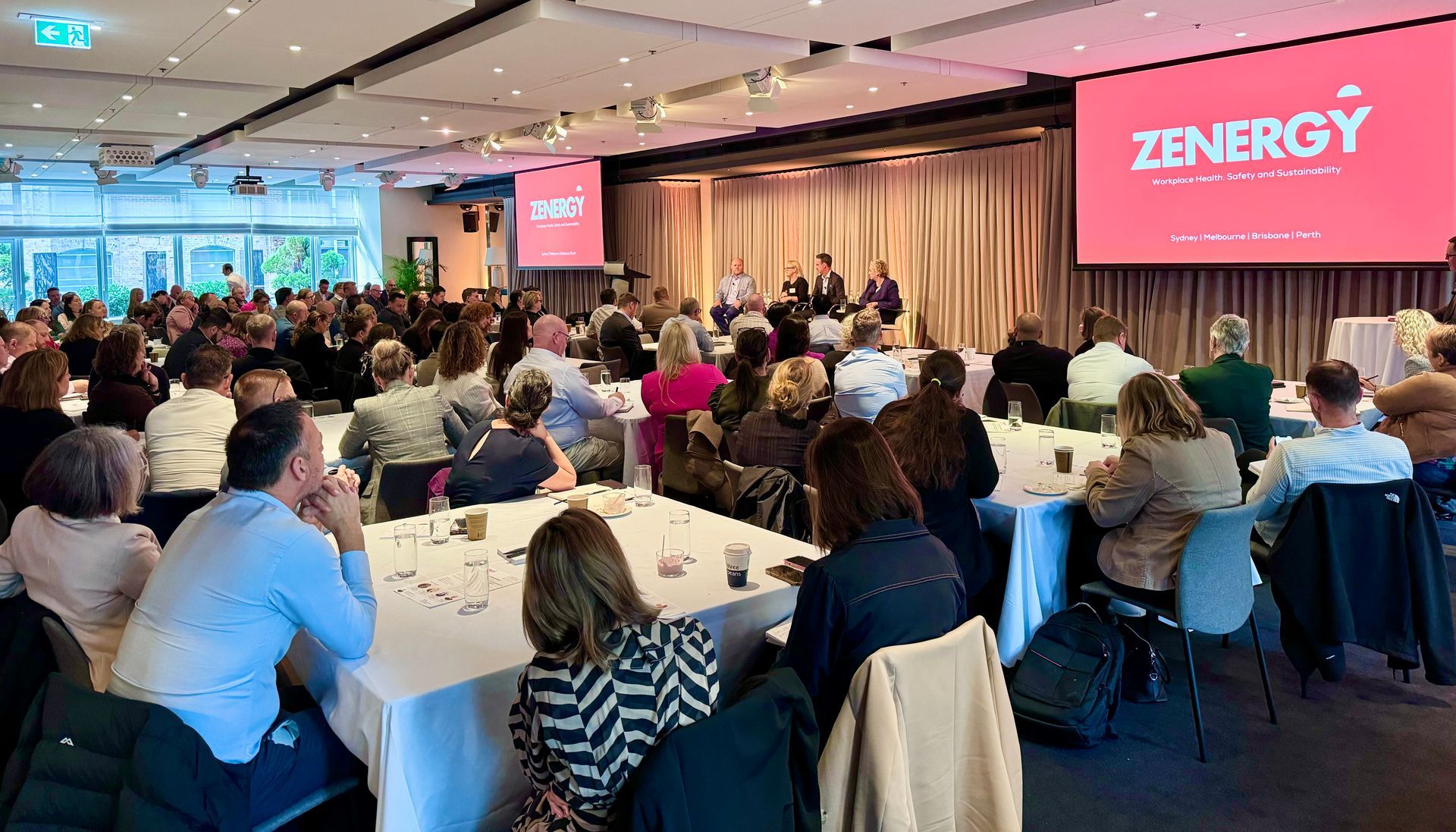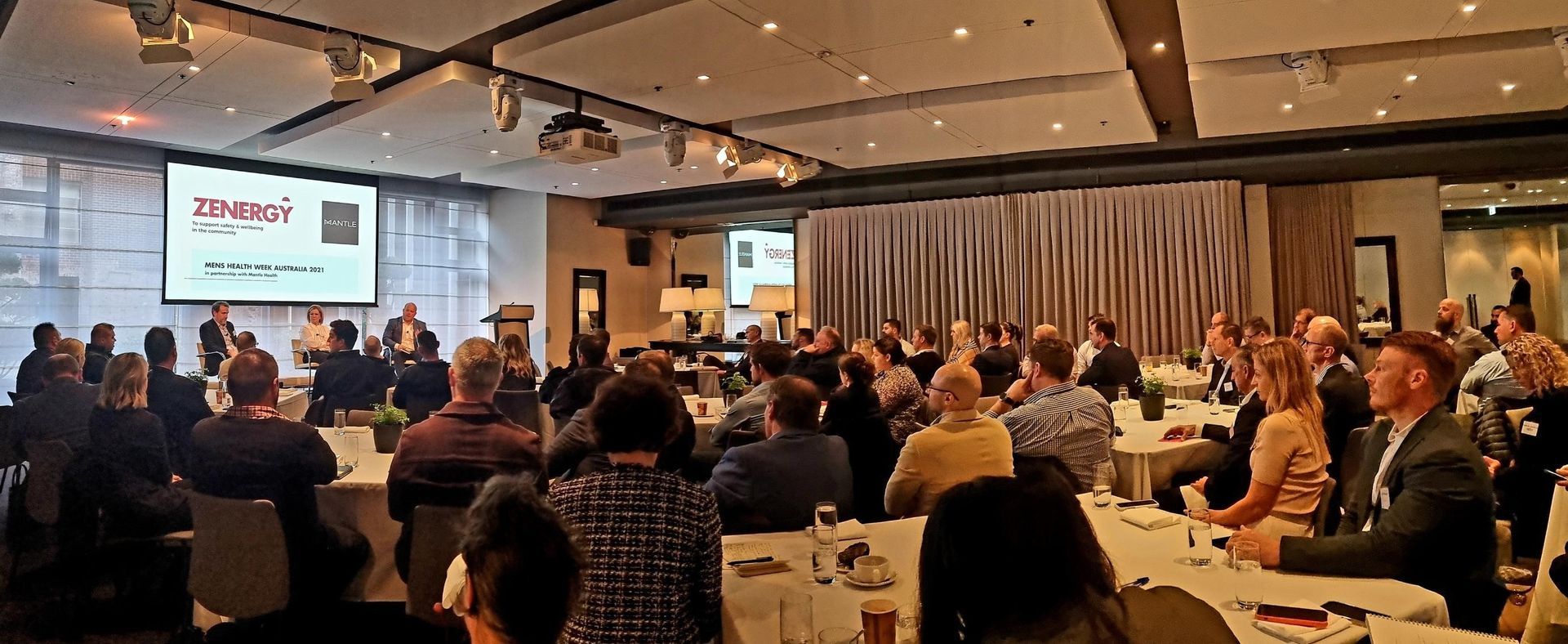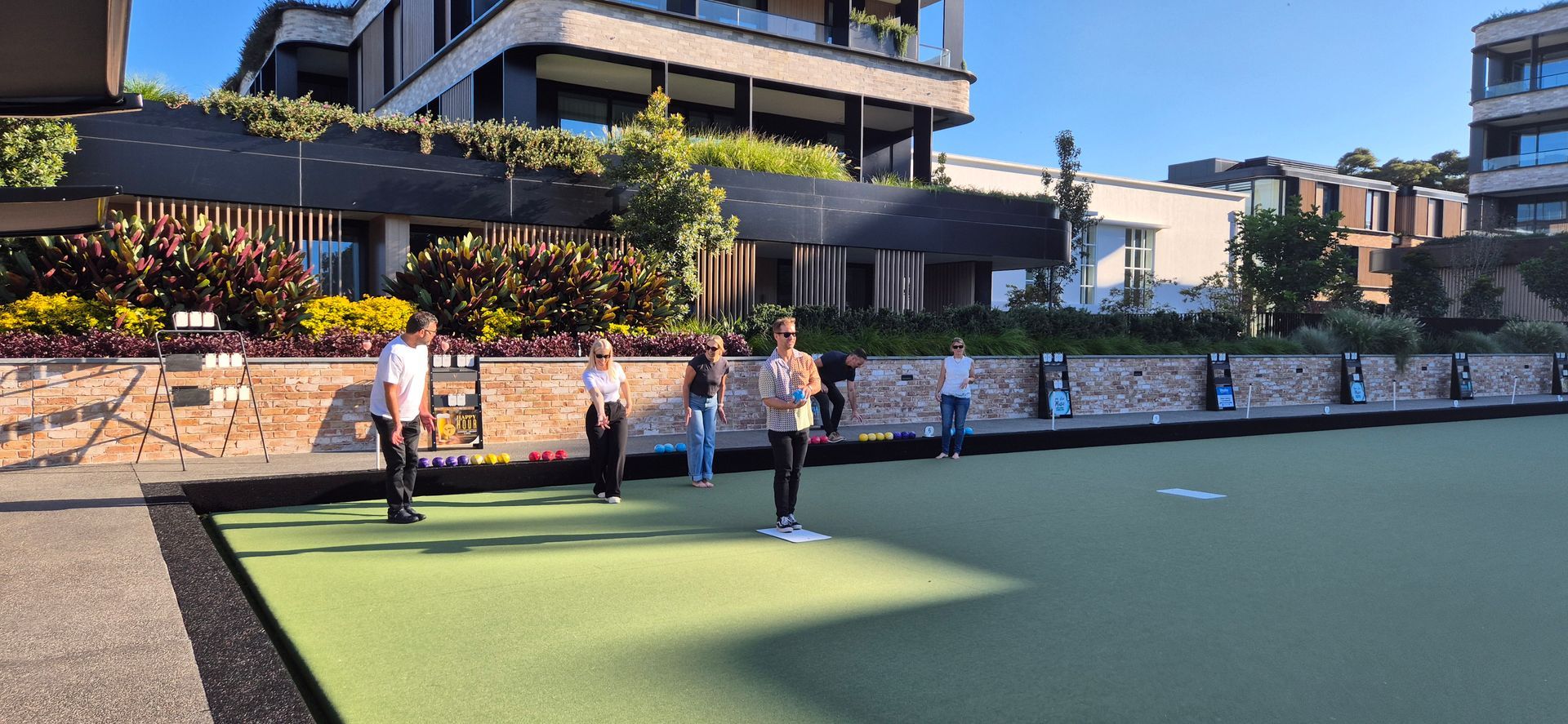Medicinal cannabis keeps worker away from opioids

This article has been reproduced with permission from OHS Alert, and the original version appears at www.ohsalert.com.au.
An injured worker has proved that medicinal cannabis is a reasonable treatment his employer should pay for, even though it has not improved his functionality.
The medical evidence in the case included differing views on how effective cannabis oil treatment was for the worker, and whether it should be used, NSW Personal Injury Commission Member Jill Toohey noted.
But there was no dispute that it significantly reduced the severe pain caused by his work injury, and allowed him to stop taking "high-risk medications" like addictive opioids, she found.
The worker was injured lifting a 100kg bed while working as a maintenance officer for Leading Edge Maintenance Services in 2017.
The employer accepted liability for his lumbar spine injury, and agree to refer him to have his whole person impairment assessed to pursue lump sum compensation, but refused to pay for his cannabis oil treatment.
In the PIC, the worker argued cannabis oil was a reasonable medical treatment under section 60 of the NSW Workers Compensation Act 1987.
He told the Commission his work injury caused him increasingly debilitating pain for which he was admitted to hospital some 15 times.
He had been using cannabis oil since a 2019 trial prompted by his doctors' concerns over his increasing use of opioids, he said. The treatment provided significant relief and allowed him to stop taking opioid medication, but self-funding the treatment came at a "huge financial burden", at $1,500 per month, he contended.
The worker argued the employer's objection to cannabis oil as a treatment was not in keeping with modern medicine.
The use of cannabis oil was now well recognised as a reasonable medical treatment by the Commission, he argued, citing the recent PIC presidential decision, Couch v Electus Distribution Pty Limited [2023] NSWPICPD 8 (see related article).
In Couch, President Judge Gerard Phillips quashed a decision denying a worker an entitlement to medicinal cannabis for chronic pain from a work injury. He affirmed that the criteria for determining claims for reasonably necessary treatment, from Diab v NRMA Ltd [2014] NSWWCCPD 72, were:
- the appropriateness of the treatment;
- the availability of alternative treatment and its potential effectiveness;
- the cost of the treatment;
- the actual or potential effectiveness of the treatment; and
- the acceptance by medical experts of the treatment as being appropriate and likely to be effective.
The President Judge noted that this was not a "confined list of matters" that claimants needed to establish, and each case must be determined on its own facts.
In the case at hand, Leading Edge told the PIC the worker's medical reports raised questions over whether the cannabis oil treatment was helping him, showing he was sleeping up to 16 hours a day and his physical presentation was "bizarre".
The worker did not appear interested in pursuing alternative treatments, instead moving onto an addictive option that decreased his pain but did not improve his functionality, it argued.
Leading Edge's pain medicine specialist reported that the worker was advised to consult a pain management team and undertake exercise programs, but opted to go with medicinal cannabis treatment over a prolonged 18-month "trial", which was not medically appropriate and resulted in his function deteriorating.
Member Toohey agreed the evidence showed the worker's functioning had not been improved by medicinal cannabis.
But the pain medicine specialist was wrong to conclude the treatment had not benefited him, given his pain was reduced to a point where he was able to wean himself off highly addictive opioid medication, she said.
The fact that the treatment had not improved the worker's functioning was not a determinative factor of its effectiveness under the Diab criteria.
"There are difficulties with [the worker's] evidence," Member Toohey acknowledged. "There are differing views about how effective treatment with cannabis oil is and whether it should be used at all, and he has only undertaken some of the forms of alternative treatment that have been recommended," she said.
However, there was enough evidence to find that cannabis oil was a reasonably necessary treatment for his work injury, after considering the criteria from Diab, she found.
Contact Us
We will get back to you as soon as possible.
Please try again later.
Zenergy News



Contact Us
For more information on our services feel free to email us on -
info@zenergygroup.com.au or call 1300 333 400
Sydney
25 Brisbane Street
Surry Hills
Sydney NSW 2010
Melbourne
Level 23, Tower 5, Collins Square
727 Collins Street
Melbourne VIC 3008
Brisbane
Level 54, 111 Eagle Street
Brisbane QLD 4000
Perth
Level 25, 108 St Georges Terrace
Perth WA 6000
Recent News


© ZENERGY 2022 | Privacy Policy |





